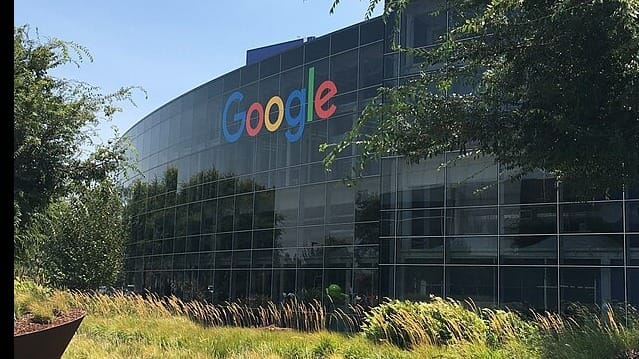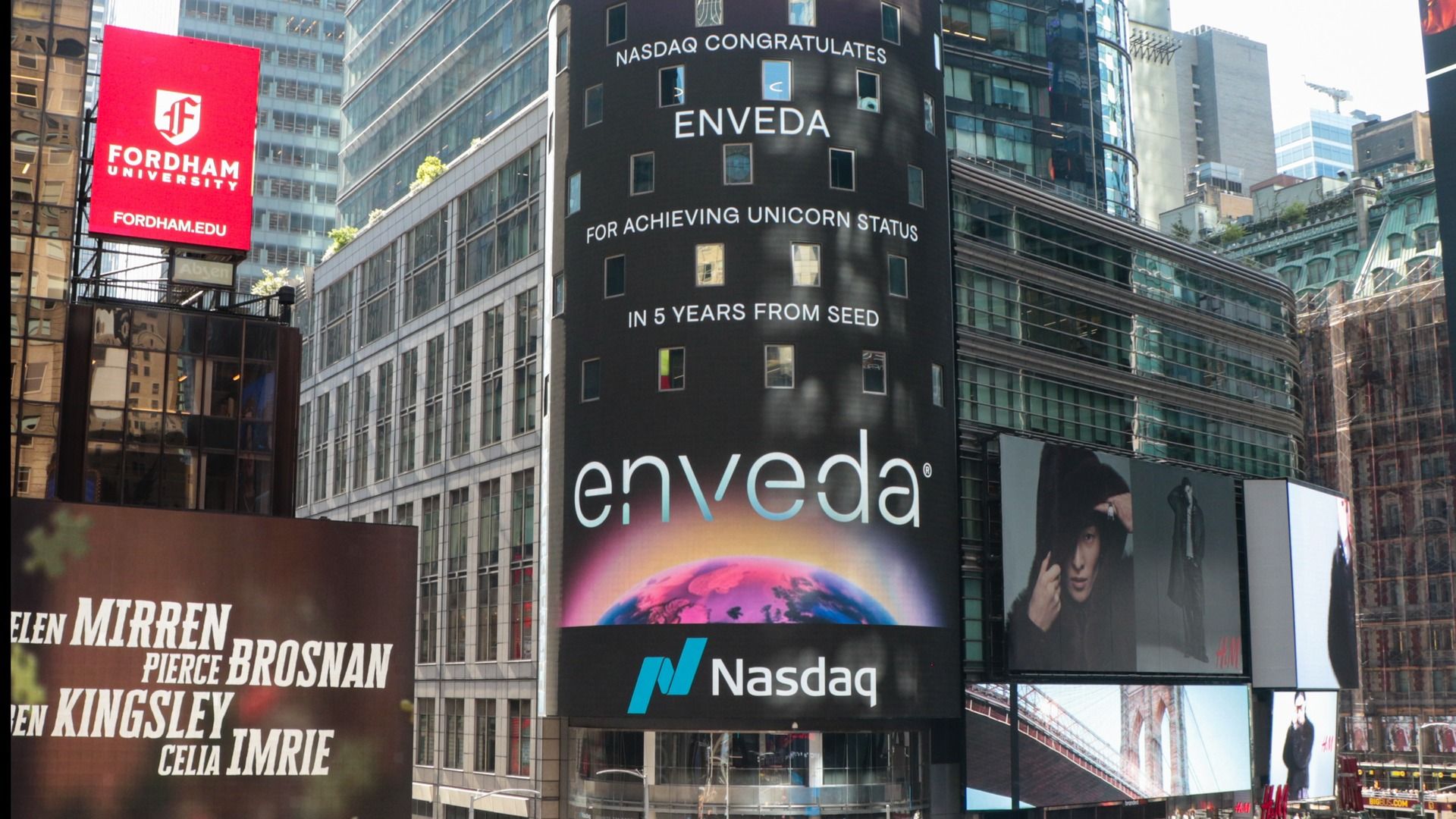- The Rundown Tech
- Posts
- OpenAI to make its own AI chip
OpenAI to make its own AI chip
PLUS: Google doesn't have to break itself up
Good morning, tech enthusiasts. OpenAI is set to enter the silicon game. By 2026, the ChatGPT maker will ditch Nvidia GPUs for its own custom chip.
Following Google, Amazon, and Meta, one question looms: could bespoke silicon decide the leaders of the next AI wave, and who falls behind?
In today’s tech rundown:
OpenAI to design its own AI chip
Google dodges breakup in antitrust case
AI biotech unicorn taps nature for new drugs
AI startup Sierra joins the $10B club
Quick hits on other tech news
LATEST DEVELOPMENTS
OPENAI

Image source: Ideogram/The Rundown
The Rundown: OpenAI is reportedly stepping into the world of custom hardware by partnering with Broadcom to design and manufacture its own AI chip, with first units expected to roll out in 2026.
The details:
The project aims to reduce OpenAI’s heavy reliance on Nvidia’s GPUs, as training and running models like GPT-5 require massive computing capacity.
The production of the chips will be handled in partnership with Broadcom, a leader in custom silicon, and TSMC, one of the world’s top chip manufacturers.
Broadcom’s CEO confirmed a $10B order likely from OpenAI, which could potentially shift market power away from Nvidia.
The new chips will support OpenAI’s fleet of AI models, helping control infrastructure costs and likely freeing the company to innovate more quickly.
Why it matters: For now, the chip will power only OpenAI’s own operations, following Google, Amazon, and Meta in developing custom silicon for large-scale AI. Bespoke hardware delivers higher performance per dollar and per watt, which could be a potential game-changer for OpenAI in the AI arms race.
TOGETHER WITH AUGMENT CODE
The Rundown: Augment Code is bringing the power of its AI coding agent and context engine right to your terminal with Auggie CLI, now generally available.
From standalone terminal sessions to every piece of your dev stack, with Auggie CLI, you can:
Build features and debug issues
Get instant feedback suggestions for your PRs and builds
Triage customer issues and alerts from your observability stack
Build with the AI coding platform that gets you, your team, and your code

Image source: Wikimedia Commons
The Rundown: Google dodged the nuclear option. A federal judge declined to force a breakup or sell off Chrome, letting the tech giant’s core empire stay intact. Instead, regulators are targeting tighter rules on exclusive search deals.
The details:
Judge Amit Mehta ruled that Google unlawfully maintained dominance through multi-year distribution deals with device makers like Apple and Samsung.
Google is now barred from signing exclusive contracts for key apps and must share some search data with competitors.
The court stopped short of ordering Google to divest Chrome browser or Android, citing potential disruption to consumers.
The remedies extend beyond search to generative AI, with strict limits on Google’s use of exclusive agreements for distributing products like Gemini.
Why it matters: Google is breathing a sigh of relief. Even though the $2 trillion tech giant is barred from exclusive contracts for Search, Chrome, Assistant, and Gemini, the court stopped short of more drastic measures. Shares of parent company Alphabet jumped about 6% in after-hours trading yesterday.
ENVEDA

Image source: Enveda/X
The Rundown: Enveda, biotech’s newest unicorn, is transforming drug discovery by combining AI with the untapped chemical diversity of natural products, a strategy that sets it apart from traditional synthetic-focused biotech, Bloomberg reports.
The details:
Enveda’s platform analyzes thousands of complex plant-based compounds to identify novel bioactive molecules with therapeutic potential.
Founded in 2019 in Boulder, Colorado, Enveda has already raised $150M in Series D funding, pushing its valuation well above $1B.
Its platform organizes the world’s largest searchable library of plant-derived compounds, linking 38K plants to 12K human diseases and symptoms.
Its lead drug candidate, ENV-294, is a novel molecule for atopic dermatitis that Enveda says shows strong safety results in early clinical studies.
Why it matters: Enveda isn’t your typical biotech. Valued at unicorn status, it’s betting big on a mash-up of nature’s evolutionary genius and the power of AI. Its in-house model, PRISM, is trained on 1.2 billion mass spectra and can identify promising molecules long before competitors even know they exist.
SIERRA

Image source: Katelyn Tucker/ Slava Blazer Photography/Wikimedia Commons
The Rundown: AI customer service agent startup Sierra, co-founded by former Salesforce co-CEO Bret Taylor, just landed a $350M funding round that pushed its valuation to a staggering $10B.
The details:
Founded by Taylor and Google veteran Clay Bavor, Sierra develops and deploys AI agents designed to automate customer service tasks.
Started in early 2024, the startup signed up hundreds of major customers like SoFi and Ramp in just 18 months of business.
Its platform utilizes large language models from multiple providers but does not offer rule-based workflows or custom NLU.
Sierra now claims over 20% of its customers generate over $10B in annual revenue, with its reach in sectors like retail and healthcare quickly expanding.
Why it matters: Sierra has now joined an exclusive club of AI startups — including OpenAI, Anthropic, and xAI — valued at or above $10B. With major investor backing, Sierra’s bet on multi-purpose AI agents could shape up to be one of the flagship stories of enterprise automation in the generative AI era.
QUICK HITS
Instagram is finally releasing a dedicated iPad app that defaults to the Reels feed, ending years of complaints about the lack of a tablet-native experience.
French AI startup Mistral AI is close to finalizing a €2B ($2.3B) funding round that will raise its valuation to $14B, making it one of Europe’s most valuable tech companies.
Warner Bros. Discovery filed a copyright infringement lawsuit against AI image generator Midjourney, alleging unauthorized use of the studio's iconic characters.
Stripe is launching a new blockchain firm, Tempo, to handle high-volume stablecoin transactions for global payments.
Waymo has become the first autonomous vehicle service cleared to operate at a major California airport, with robotaxi rides to and from San Jose launching this year.
The U.S. Patent Office blocked Elon Musk’s brain chip company Neuralink from trademarking “Telepathy” and “Telekinesis,” citing prior claims by another applicant.
COMMUNITY
Read our last AI newsletter: OpenAI takes on LinkedIn with jobs platform
Read our last Tech newsletter: Japan’s yen just went digital
Read our last Robotics newsletter: Apple loses robotics lead to Meta
Today’s AI tool guide: Transform photos into 3D visuals with Nano Banana
RSVP to our next live workshop @ 4 PM today: Template-first AI workflows
That's it for today's tech rundown!We'd love to hear your feedback on today's newsletter so we can continue to improve The Rundown experience for you. |
See you soon,
Rowan, Jennifer, and Joey—The Rundown’s editorial team


Reply